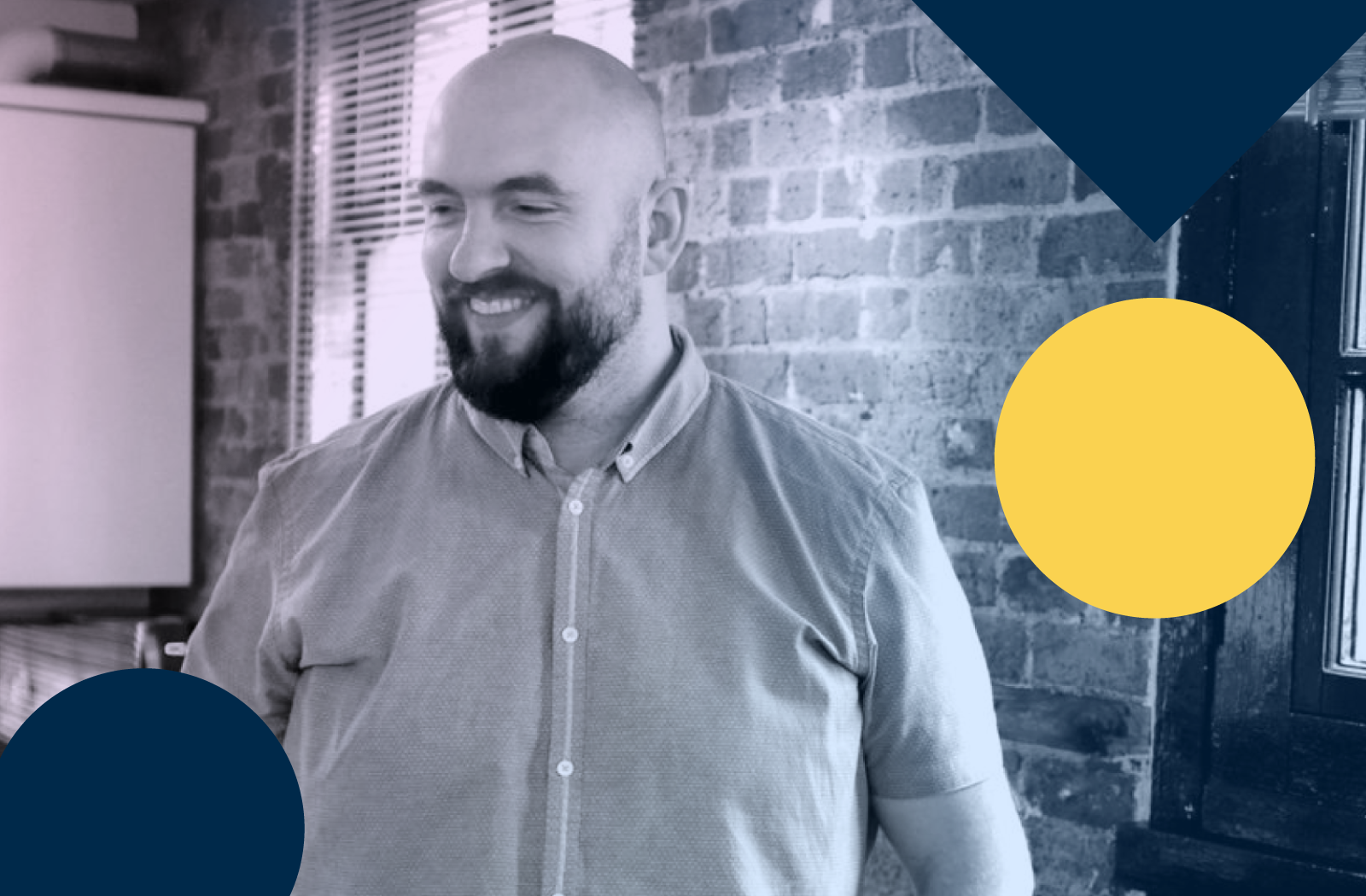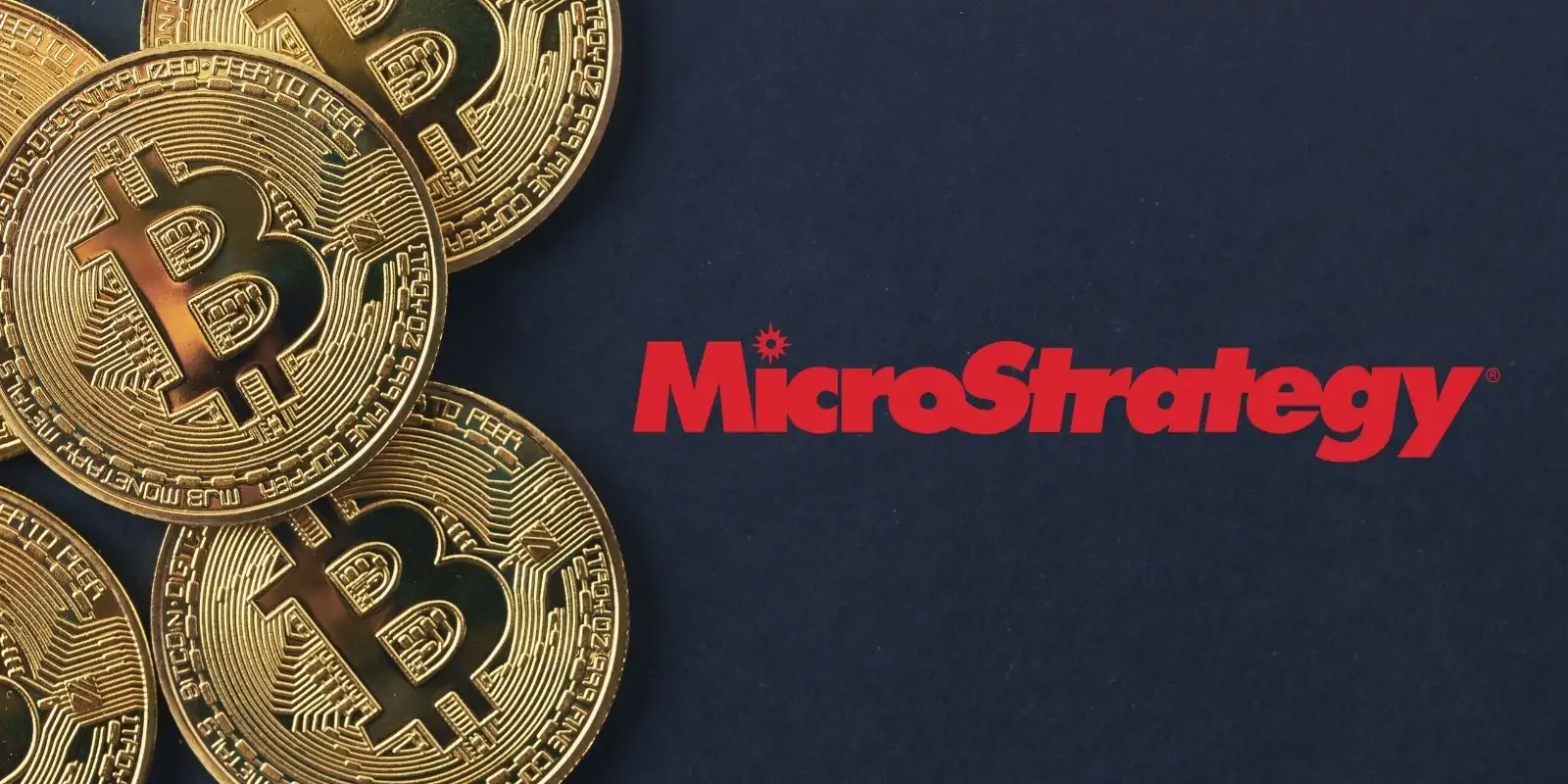Image source: Getty Images
One of my long-term goals is to build a sustainable passive income. However, times are tough at the moment.
The cost of living has increased significantly in recent years, while high interest rates and a sluggish economy certainly aren’t helping things. I thought I’d start by setting myself the goal of putting aside £50 each week for investing.
It doesn’t sound like much, but I really do think with some savvy investments I could turn that into £10k per year.
Investing £50 each week
I wanted to pick out a FTSE 100 stock that caught my eye. There was one banking giant in particular that I liked the look of from a valuation and yield perspective.
HSBC (LSE: HSBA) shares are up 8.6% in 2024 and sitting at 685p each. A sustained few years of gains has given HSBC a sizeable £124bn market cap — the largest of any bank in the Footsie.
I also like the stock from a valuation perspective. The current forward price-to-earnings (P/E) ratio of 7.2 and a 7.1% dividend yield aren’t to be sneezed at.
It was that dividend in particular that caught my eye during my research phase. If I could start today and put in £50 each week, what sort of passive income could HSBC shares potentially generate for me in the future?
Building a passive income
Assuming I invested £50 each week, and received and reinvested half-year dividends, the numbers stack up quite quickly.
After one year, that portfolio would be worth around £2,700 with minimal dividends to speak of. However, by the end of the decade, I could have a £38,000 portfolio paying me around £2,479.
By my numbers, it would take around 24 years to create a portfolio worth £161,772 paying me £10,709 per year in passive income. Of course, this assumes no capital growth or losses from fluctuations in the HSBC share price.
HSBC in the long run
The bank recently announced a restructuring plan as it seeks to split the business into East and West, as well as combining its commercial and investment banking arms.
Management is seeking to address rising geopolitical tensions to preserve ongoing relationships in each region, cut costs, and drive further growth.
This could be good news for shareholders in terms of value creation and profitability, but there are potential reputation and operational complexities that could hurt the bank in the long run.
Building my portfolio
I think the changes make sense but execution will be key. Despite the tidy yield on offer, I think my best approach will be to build a balanced portfolio of Footsie stocks for the future.
If I can get my savings goals under way and put aside my £50 each week, I think HSBC could form part of that group to achieve my passive income goals for the future.
Credit: Source link














